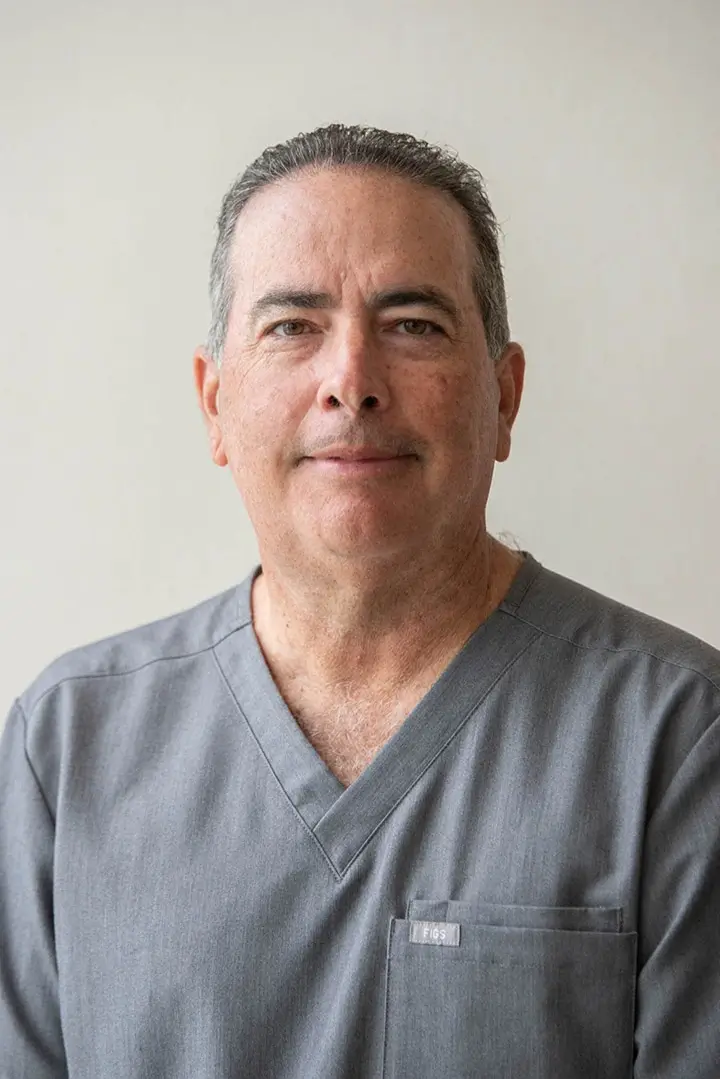In January of 2008, Osiris Therapeutics and Genzyme began collaborating together on a multi-million-dollar Department of Defense (DoD) contract that was awarded to Osiris, the objective of which is the development of a civilian and military medical response to nuclear or radiological events.
The DoD contract specifies the development and stockpiling of Prochymal, which is a proprietary adult stem cell therapy developed by Osiris, specifically for the repair of cellular injury that might result from the “acute radiation syndrome” (ARS) that accompanies severe and sudden radiation exposure. Terms of the contract provide for the purchase of up to 20,000 doses of Prochymal by the DoD at $10,000 per dose.
According to C. Randal Mills, Ph.D., President and CEO of Osiris, “We are honored that the Department of Defense has selected Prochymal in this critical effort to better safeguard our armed forces against the potentially horrendous effects of battlefield exposure to a radiological weapon. The contract also brings into focus a substantial new market opportunity for Prochymal. We are working diligently towards licensure of Prochymal for ARS and stand ready to assist other sectors of the United States government and allied nations in their emergency preparedness efforts.”
Major General John Parker, M.D., a former Commanding General who is currently responsible for countermeasure development and acquisition and who is also a member of the Medical Countermeasure Advisory Board of Osiris, adds, “Prochymal’s unique mechanism of action and strong clinical profile make it very well suited to address the complicated injuries associated with ARS. Currently, every scenario contemplating a radiological emergency, both civilian and military, involves people suffering from the life-threatening effects of ARS without effective treatments. Today’s decision by DoD sets in motion a sound plan to change that, by expeditiously completing development of the first effective therapy for ARS.”
As Henri Termeer, Chairman and CEO of Genzyme, explains, “We are pleased to partner with Osiris in developing this innovative cell therapy to treat the potentially lethal complications of ARS for the U.S. military. With our combined first-in-class technology and development expertise, Osiris and Genzyme have the necessary resources to complete this assignment for the Department of Defense and to work with other government organizations committed to safeguarding our nation and its allies.” According to Thomas MacVittie, Ph.D., Professor of Radiation Oncology and Pathology at the University of Maryland and a member of the NIAID (National Institute of Allergy and Infectious Diseases) Medical Countermeasures and CDC Strategic National Stockpile Radiation Working Groups, who is also a member of the Medical Countermeasure Advisory Board of Osiris, “Prochymal represents a breakthrough in countermeasure development for ARS. Prochymal has demonstrated therapeutic utility in humans repairing many of the major organ systems affected by radiation injury. Where most approaches only target a single component of ARS, Prochymal has the potential to address the entire syndrome including both acute and delayed effects in multiple organ systems.”
ARS is known to damage most severely the DNA of the rapidly dividing cells in the gastrointestinal tract, the skin and bone marrow. If severe and untreated, death can result within a matter of days or months following the initial exposure. Prochymal is a highly purified formulation of mesenchymal stem cells that are cultured and expanded. Prochymal is currently in Phase II clinical trials for the treatment of Type I diabetes, and Phase III clinical trials for both the treatment of Graft vs. Host Disease and Crohn’s disease. Additionally, Prochymal has demonstrated preliminary efficacy in the treatment of heart attacks and it has demonstrated a strong safety profile in seven previous Phase I and Phase II clinical trials. Prochymal has also shown a potential ability to reverse cellular damage and improve survival in diseases that are similar to ARS.
While warfare has always been understood to have biological and health consequences for those who are involved, the anti-inflammatory and regenerative properties of adult stem cells now offer a new type of countermeasure against nuclear and radiological threats. The strong interest of the Deparment of Defense in adult stem cell therapies marks yet another historic milestone in the versatility and applicability of these potent therapies.

